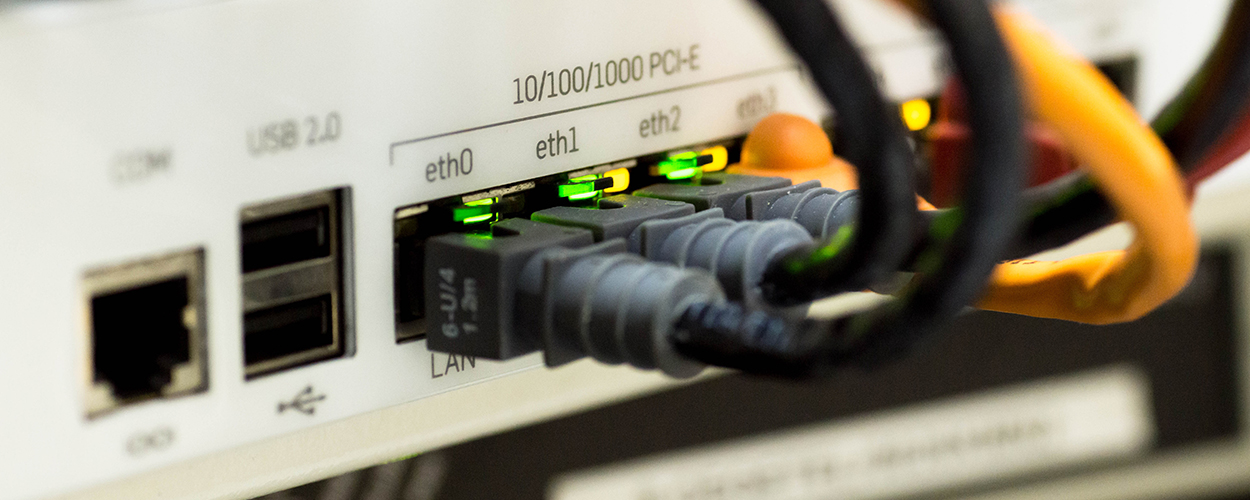This website uses cookies so that we can provide you with the best user experience possible. Cookie information is stored in your browser and performs functions such as recognising you when you return to our website and helping our team to understand which sections of the website you find most interesting and useful.
Business News Digital Legal
US movie companies persuade VPN and server hosting companies to instigate some web-blocks
By Chris Cooke | Published on Wednesday 13 October 2021

The consortium of American independent movie producers that has been following the music industry’s lead in seeking to make US internet companies liable for the copyright infringement of their users has reached some interesting settlements in recent weeks. Two targeted net firms have voluntarily agreed to undertake some web-blocking, even though such blockades have not generally been available to copyright owners in the US.
The movie companies – many linked to Millennium Media – have targeted numerous internet companies with litigation. Many of those lawsuits mirror the legal action taken by BMG – and then the majors – against various American internet service providers.
Although internet businesses can circumvent liability for copyright infringement that occurs on their networks as a result of the copyright safe harbour, they must complete various tasks to qualify for safe harbour protection. BMG successfully argued that one ISP – Cox Communications – had failed to comply with its obligation to have an effective system in place to deal with repeat infringers, and was therefore not protected by safe harbour, and was therefore liable for its users’ infringement.
The major record companies then also sued Cox and various other ISPs based on the same argument, ie those companies did not comply with their repeat infringer obligations and were therefore liable for their users’ infringement. And, following all that, this consortium of movie companies also started going legal on this point.
However, the movie company cases are interesting in two ways. First, they have also started targeting internet businesses beyond the ISPs, in particular the providers of virtual private network services, and server hosting companies that in turn provide services to VPN companies. Second, as well as seeking damages they are often also pushing for the court to order the targeted internet firms to block their users from accessing piracy websites.
Although web-blocking of that kind – usually instigated by court orders – has become a common anti-piracy tactic in many other countries, generally it has not been available to copyright owners in the US. That’s in no small part because when Congress specifically considered putting web-blocking into American copyright law in 2011 and 2012, the tech sector mounted a high-profile backlash which resulted in the plan being entirely abandoned.
It is true that the copyright industries – and especially the movie industry – have been quietly lobbying for those plans to be reconsidered by US law-makers in recent years.
As part of that activity, they have noted that the doom and gloom predictions of the tech sector in 2011/2012 – basically that web-blocks would kill the internet – have not come to pass in those countries, like the UK, where web-blocking is now routine.
However, so far web-blocks have not really been employed as part of anti-piracy efforts in the US.
The two companies that recently settled with the movie producers are VPN provider VPN.ht and server hosting company Sharktech. They were accused of allowing copyright infringement to occur over their networks, and of not doing enough to stop said infringement.
VPN.ht and its Algerian owner initially argued that the US courts did not have jurisdiction over its operations.
However, the company subsequently settled with the film producers, in the process committing to block BitTorrent traffic and keep IP address logs on its US servers. Which seems like quite a win for the producers, although VPN.ht has told Torrentfreak that – given that commitment only applies to its US servers – it simply plans to stop using servers based in the US.
Sharktech was targeted because it provides services to VPN outfits whose users infringe copyright. Unsurprisingly, it initially argued that it was too far removed from any infringement to be liable – because, after all, it was its customers’ customers who were doing the infringing.
However, according to Torrentfreak, it also agreed to instigate some web-blocking in order to settle the litigation. Quite how that will work isn’t clear, but the web-blocks will affect the likes of YTS, RARBG, 1337x and the good old Pirate Bay.
What tangible impact these settlements will have is debatable, especially given that VPN.ht has already identified a massive loophole in what it committed to.
However, it’s interesting to see the pool of internet companies being pressured to act against copyright infringement slowly grow beyond ISPs, to server hosting companies, VPNs and more. And that targeted internet firms are being encouraged to voluntary sign up to web-blocking in the US, slowly introducing that anti-piracy tactic into the American market.





